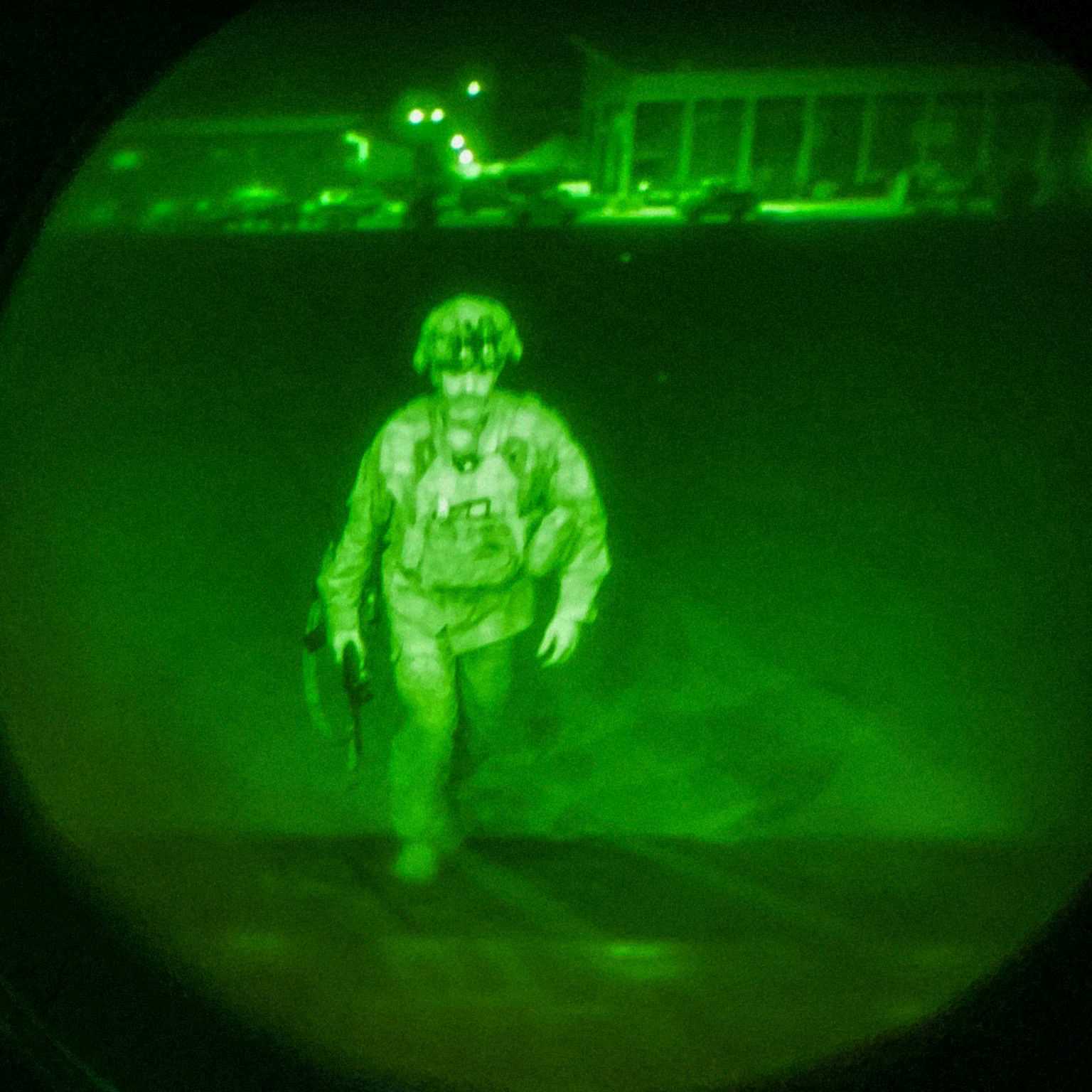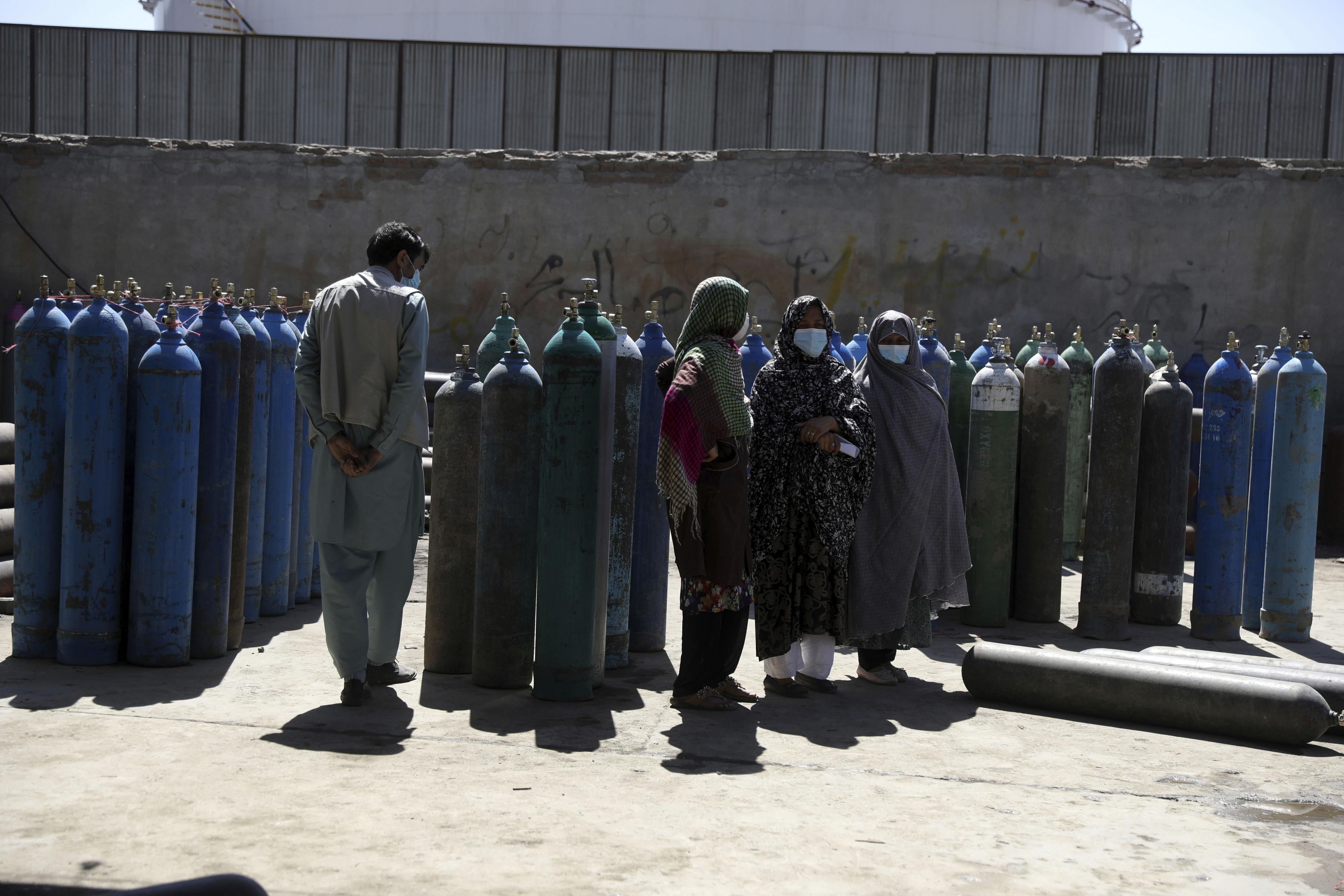War crimes
Children at arms

20 November 1989 was a momentous day in the history of the United Nations. It was the day on which the General Assembly adopted the UN Convention on the Rights of the Child, an international treaty comprised of 54 articles designed to guarantee every child in the world a life in peace, freedom and security. Since then, the convention has been ratified by all UN member states with the exception of the USA. It forms the basis for what UNICEF has summarised as the “ten fundamental rights of the child”.
As far as children who are forced to engage in armed combat are concerned, however, every single one of those fundamental rights is breached. The Convention on the Rights of the Child and its optional protocols stipulate that children must be protected in armed conflicts. They also prohibit the use of minors as combatants. In practice, however, many children have no option but to take up arms – either because they are forcibly recruited or because there is no other way to survive. Their fundamental rights to protection, support and participation in social life are thus formally guaranteed by law, but are not respected in reality.
It would be naive to expect a militia commander in DRC, South Sudan, Colombia or Myanmar, for example, to give even a moment’s thought to children’s rights and UN conventions. That task falls to others: lawyers, police officers, politicians, who enforce children’s rights by prosecuting those who violate them. Sadly, successful prosecutions are rare at national level: in conflict-torn countries, formal institutions are generally too weak or too corrupt.
At the international level, there have recently been at least a few spectacular trials. In May 2021, the International Criminal Court (ICC) in The Hague sentenced Ugandan rebel leader Dominic Ongwen to 25 years in prison for murder, sexual violence and the use of child soldiers.
A month and a half later, Liberian warlord Alieu Kosiah received a 20-year sentence from Switzerland’s Federal Criminal Court. He was charged with committing numerous war crimes during the Liberian civil war from 1989 to 1996, including the use of child soldiers. The Kosiah case highlighted the problem of weak national institutions. While it was possible in Switzerland to take him to court and secure a verdict, no criminal proceedings were launched against Kosiah in Liberia itself.
Court rulings against militia leaders like Kosiah and Ongwen are important and send signals, but trials at international level are too few and far between. Much more must happen. Raising awareness of children’s rights is necessary at the grassroots level and must not only reach out to officialdom. Educational campaigns in villages and communities will help, and so will cooperation with religious leaders and local authorities. Schools need appropriate curricula and teaching resources. Children’s parliaments are also an option, giving children themselves a chance to participate in political decisions (also note contribution by M. Kaltenborn et al. in Focus section of D+C/E+Z e-Paper 2021/10).
However, preventive measures like these do not have an immediate impact on the lives of people suffering today. Therefore, World Vision, our international non-governmental organisation, is doing its best to improve near-term prospects for at least some of those affected. Our so-called Rebound Centres in the DRC and South Sudan support hundreds of girls and boys who have been abused as child soldiers or forced prostitutes return to regular civilian life. They receive psychosocial care, attend school and can get vocational training. The Rebound Centres restore the minors’ fundamental rights – for example to education, health care and protection from violence.
As reactive measures, Rebound Centres are only a small part of the solution. Ultimately, it is crucially important to strengthen democratic institutions, reduce poverty long term and eliminate the causes of conflict in fragile states.
Dirk Bathe is a senior communications manager at child relief organisation World Vision Deutschland.
dirk.bathe@wveu.org










